detail profile alain bergala
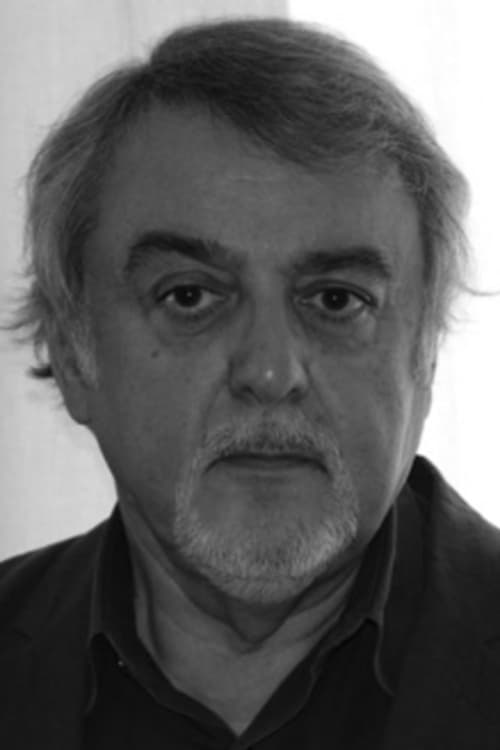
Riwayat Hidup
Alain Bergala is a French film critic, essayist, screenwriter and director.
Former writer for Cahiers du cinéma, he is best known as a specialist in the works of Jean-Luc Godard.
Info Pribadi
Peran Yang Di Mainkan Alain Bergala
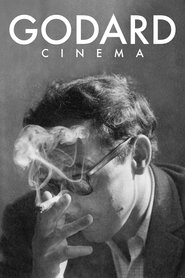 JeanLuc Godard is synonymous with cinema...
JeanLuc Godard is synonymous with cinema...Godard Cinema 2023
Jean-Luc Godard is synonymous with cinema. With the release of Breathless in 1960, he established himself overnight as a cinematic rebel and symbol for the era's progressive and anti-war youth. Sixty-two years and 140 films later, Godard is among the most renowned artists of all time, taught in every film school yet still shrouded in mystery. One of the founders of the French New Wave, political agitator, revolutionary misanthrope, film theorist and critic, the list of his descriptors goes on and on. Godard Cinema offers an opportunity for film lovers to look back at his career and the subjects and themes that obsessed him, while paying tribute to the ineffable essence of the most revered French director of all time.
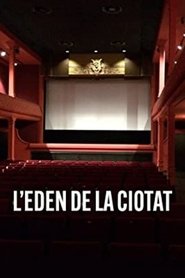 To give creativity free reign in...
To give creativity free reign in...The Eden of La Ciotat 2022
To give creativity free reign, in the space of fifty minutes: this is the strength of the documentary series Cinémas mythiques. This episode gives the critic Alain Bergala complete freedom to commemorate the original Éden de La Ciotat cinema. The oldest continuously operating cinema in the world first opened as a theatre in 1889, but the very same year it also hosted its first commercial film screening, comprised of nineteen Lumière “views”. Threatened with closure in the 1980s, the cinema was reopened in 2013 after a restoration project. This luminous documentary accompanies Jean-Pierre and Luc Dardenne over the course of a few days in October 2021 as they walk through the Teatro Éden, the shipyard and the Palais Lumière built by Antoine Lumière, the father of Auguste and Louis. And it does not forget the legendary station from L’Arrivée d’un train en gare de La Ciotat.
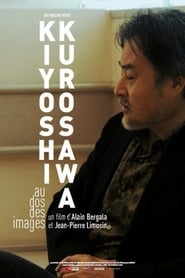 At the invitation of Limosin and...
At the invitation of Limosin and...Kiyoshi Kurosawa, au dos des images 2018
At the invitation of Limosin and Bergala, Kiyoshi Kurosawa rediscovers his own films, first during the shooting of his French film in Paris and then in Tokyo. From his first militant films in Super 8 to his undisputed masterpieces, the Japanese director confides his obsessions, his repulsions, his deliciously heterogeneous tastes as a film buff, his pleasures and his fears as a filmmaker.
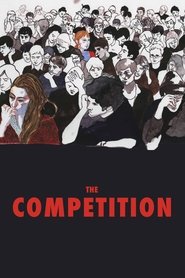 An allaccess tour behind the scenes...
An allaccess tour behind the scenes...The Competition 2017
An all-access tour behind the scenes at France’s premiere film school, La Fémis. Showing us how successful candidates get to follow in the footsteps of such luminaries as Louis Malle, François Ozon and Alain Resnais, all of whom attended this prestigious institution. Stumbling over their words, the often-nervous candidates seem vulnerable when confronted with the veterans of the industry, who have the difficult task of discovering true talent among all these eager young people.
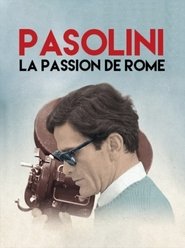 For Pasolini Rome is neither just...
For Pasolini Rome is neither just...Pasolini, la passion de Rome 2014
For Pasolini, Rome is neither just a simple setting or a place to live. Rome had a physical, carnal and passionate existence for the man and the poet.
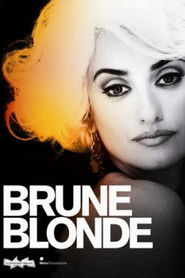 Actresses hairstyle in movies always carries...
Actresses hairstyle in movies always carries...Brunes et Blondes 2010
Actresses' hairstyle in movies always carries a strong aesthetic statement associated with erotic, social, and historical meanings. In a bold and unexpected way, the film revisits this ultimate symbol of femininity in international cinema.
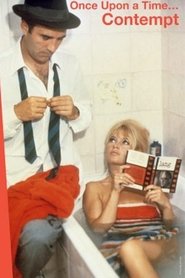 Fourtysix years since the release of...
Fourtysix years since the release of...Once Upon a Time… Contempt 2009
Fourty-six years since the release of Le mépris, Jean-Luc Godard watches the film again to comment on it and its tumultuous production. Featuring interviews with: Jacques Rozier, Alain Bergala, Michel Piccoli, Charles Bitsch.
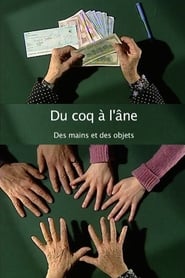 In a survey of Agns Vardas...
In a survey of Agns Vardas...From Rooster to Donkey: Hands and Objects 2007
In a survey of Agnès Varda's work in short films, the director has a conversation with Anne Huet and Alain Berlaga.
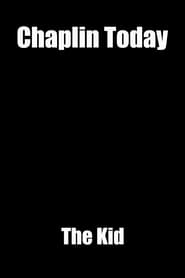 This documentary is featured on the...
This documentary is featured on the...Chaplin Today: 'The Kid' 2003
This documentary is featured on the two-disc Chaplin Collection DVD for "The Kid" (1921), released in 2004.
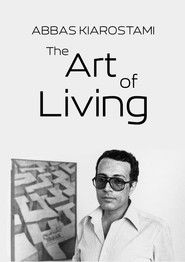 Through an interview with Kiarostami in...
Through an interview with Kiarostami in...Abbas Kiarostami: The Art of Living 2003
Through an interview with Kiarostami in the Aran Islands and interviews with film critics and scholars at Cannes, the director examines Kiarostami's themes and methods. The director also profiles Kiarostami as a poet and a photographer.
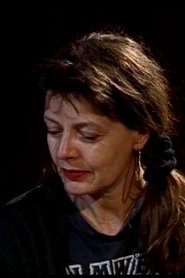 Alain Bergala chats with Moune Jamet...
Alain Bergala chats with Moune Jamet...Moune Jamet, Photographe de plateau 1997
Alain Bergala chats with Moune Jamet. The filmmaker and teacher asks about her work as a still photographer while viewing a selection of photographs.
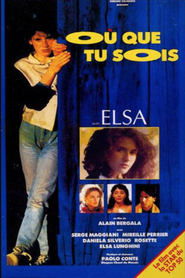 Emmanuel 37 lives in Paris with his...
Emmanuel 37 lives in Paris with his...Où que tu sois 1987
Emmanuel, 37, lives in Paris with his wife, Irene, and his daughter Anne, 14 years old. He accidentally discovers that Irene is receiving mail in the remaining mail. She refuses to follow Emmanuel to Italy where he has to write a biography of Filippo Lippi. Distraught, Emmanuel decided to leave immediately for Florence.
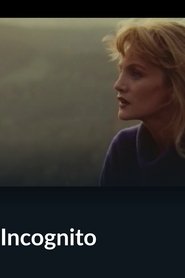 An almost blind writer moves to...
An almost blind writer moves to...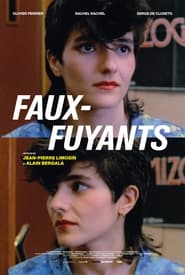 After committing a hit and run...
After committing a hit and run...